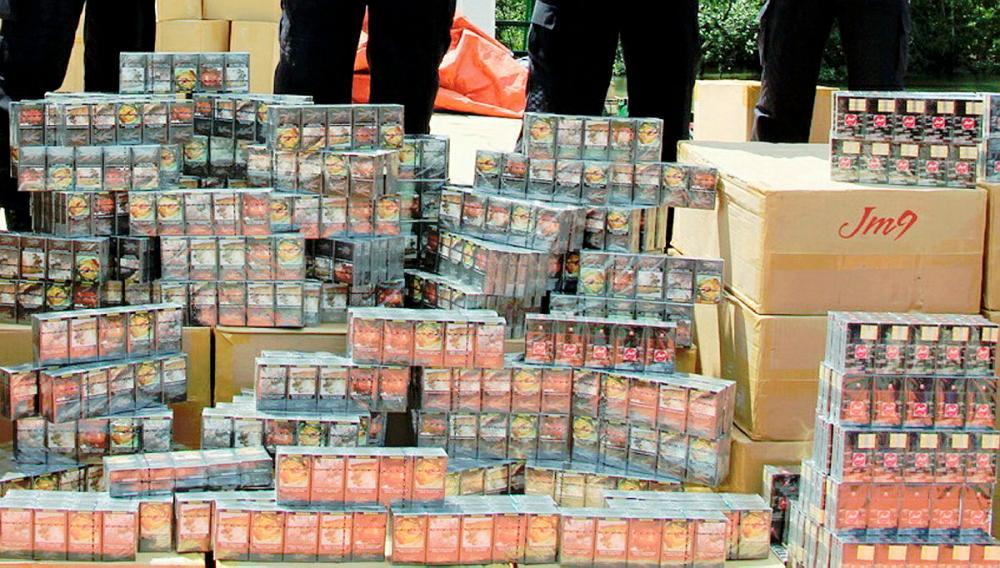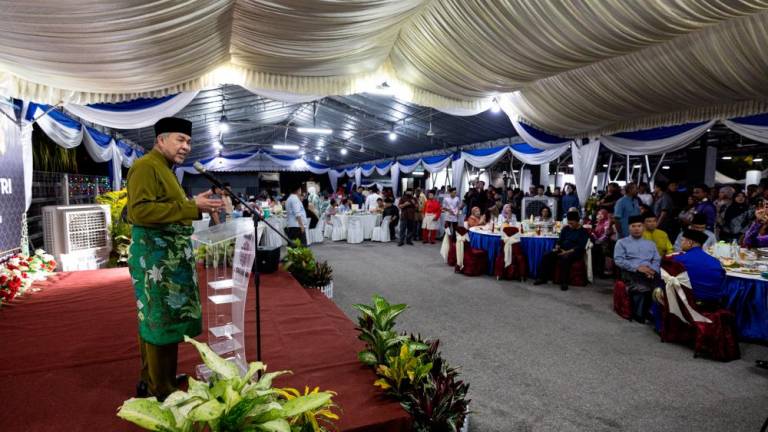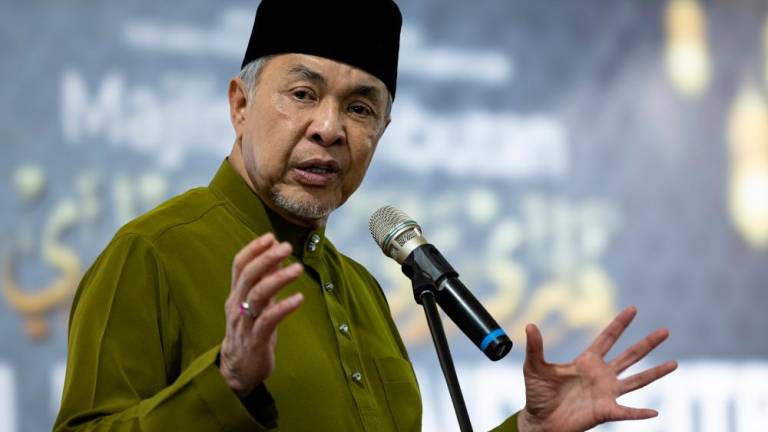PETALING JAYA: Tighter scrutiny by enforcement agencies during the movement control order (MCO) to curb Covid-19 has failed to stub out the illicit cigarettes trade.
Resourceful hucksters have begun to sell their products online and offering to deliver to the doorstep of buyers with the use of e-hailing and food delivery services.
In fact, there has been a strong resurgence in the sale of illicit cigarettes online, according to Japan Tobacco International (JTI) managing director Cormac O’Rourke.
“The latest data from our Illicit Cigarettes Study indicates that they now account for about 62% of the total cigarette sales in Malaysia,” he told theSun yesterday.
He noted that with Malaysia now facing its worst ever recession, organised criminal gangs are well-positioned to exploit the expected increase in demand for goods that have a big price differential, such as tobacco products.
He said retailers, many of whom derive up to 30% of their revenues from the sale of tobacco products, have felt the worst of the impact.
“This translates into billions of ringgit in lost margins,” he said.
O’Rourke said the illicit cigarette trade also has a negative impact on employment in the tobacco industry that now supports about 500,000 jobs. Apart from direct employees, distributors and retailers are also affected, he added.
He said losses in uncollected tax revenues from the sale of cigarettes, which amount to RM5 billion annually, will be extremely significant for the nation’s coffers. It will also have a major impact on the effort to reinvigorate economic activities and create jobs, he added.
O Rourke said the legitimate industry has faced several operational issues since the imposition of MCO on March 18.
He said the supply of legal products has been severely disrupted while the illegal trade ramped up the use of online platforms.
He said that during this period, it is estimated that the losses to Malaysia in uncollected tax revenues reached approximately RM1 billion, as the supply of 2.5 billion sticks of legitimate products were disrupted.
O’Rourke said industry players had proposed various changes in policy and enforcement that could yield positive results.
He said these include a ban on transshipment of cigarettes in Malaysia coupled with a single port of entry to ease the burden on enforcement agencies.
“This transshipment loophole has been fully exploited by criminals with the assistance of corrupt local officials, resulting not only in the failure to pay duty on the products but also a diversion to the Malaysian black market.
“An excise tax increase moratorium should be introduced until such a time as the state of the legitimate tobacco industry improves to allow enforcement efforts to take hold and to ease the affordability of legal tobacco products for consumers,” he said.
O’Rourke said the re-establishment of the Multi-Agency Task Force (MATF) last month was a key tool to combat the illegal trade crisis plaguing Malaysia.
He expects the MATF, which has remained dormant since its formation in January, to be effective when it becomes fully operational.













